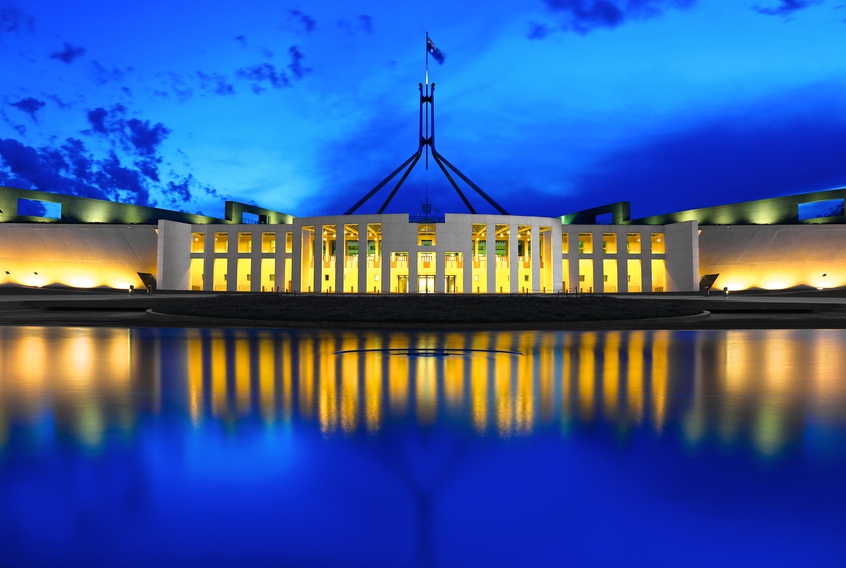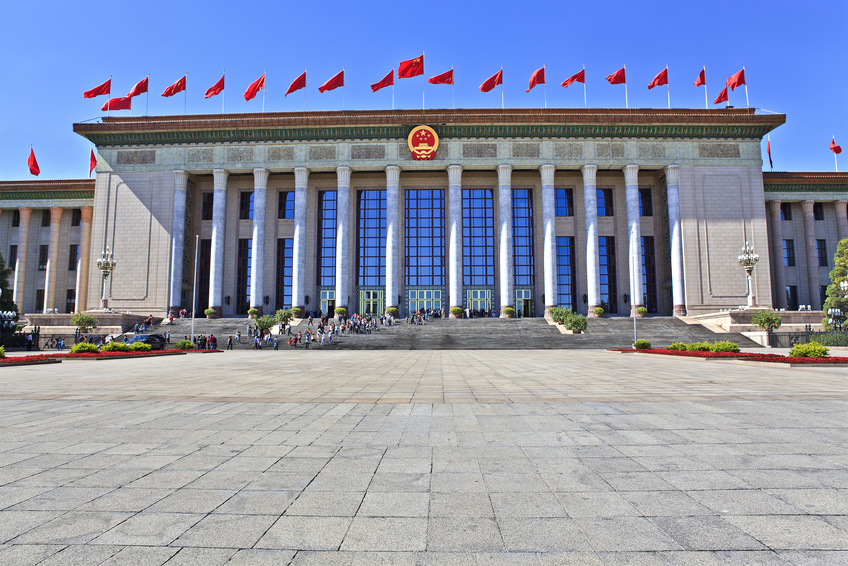On 7 October 2016, following his prior announcement of the intention to terminate US sanctions targeting Myanmar (also known as Burma), President Obama issued an Executive Order (“the 7 October Executive Order”) terminating US sanctions targeting Myanmar. As a result of this action, the sanctions that previously restricted US Persons (i.e., US citizens or permanent residents, wherever located or employed; entities organized under US law (and their non-US branches); and persons located in the United States) from engaging in certain activities involving Myanmar or specific entities associated with Myanmar are no longer in effect. The US Treasury Department’s Office of Foreign Assets Control (“OFAC”) simultaneously published a Fact Sheet explaining these changes and updated its list of Frequently Asked Questions regarding Myanmar.
The 7 October Executive Order officially terminated the national emergency with respect to Myanmar, revoked Executive Orders 13047, 13310, 13448, 13464, 13619, and 13651, and waived financial and blocking sanctions in the Tom Lantos Block Burmese JADE Act of 2008. Given that many restrictions on Myanmar had already been relaxed in recent years, the most significant impact of the 7 October Executive Order is that all entities and individuals designated as Specially Designated Nationals (“SDNs”) solely pursuant to the Burmese Sanctions Regulations (“BSR”)—i.e., those SDNs identified with the [BURMA] tag on OFAC’s List of Specially Designated Nationals and Blocked Persons (“SDN List”)—are no longer blocked. OFAC warned, however, that the termination of this sanctions program does not impact Burmese individuals designated pursuant to other OFAC sanctions authorities, such as the counter-narcotics sanctions. OFAC has not done so to date, but companies should use caution in dealing with former SDNs given the possibility that OFAC could potentially designate them under another US sanctions program.
Besides the delisting of all [BURMA] SDNs, the 7 October Executive Order unblocks all property and interests in property that are blocked solely pursuant to the BSR, revokes the import ban on Burmese origin jadeite and rubies, and makes compliance with the US State Department’s Responsible Investment Reporting Requirements voluntary. In addition, the 7 October Executive Order terminates all OFAC-administered restrictions and authorizations related to banking with Myanmar.
In coordination with OFAC’s actions, the Financial Crimes Enforcement Network (“FinCEN”) suspended its 2003 prohibition on US financial institutions maintaining correspondent accounts for Burmese banks provided that certain due diligence requirements are met. FinCEN’s finding that Myanmar is a “jurisdiction of primary money laundering concern” under Section 311 of the USA PATRIOT Act, however, remains in place. Accordingly, companies must ensure they have adequate anti-money laundering controls in place when engaging in financial dealings involving Myanmar.
Finally, despite the termination of these sanctions, OFAC FAQ 481 provides that any active and ongoing investigations related to violations of the BSR will proceed. Companies should also be aware that OFAC will continue to act on apparent BSR violations even if they come to the agency’s attention after the termination of the Burma sanctions program.



